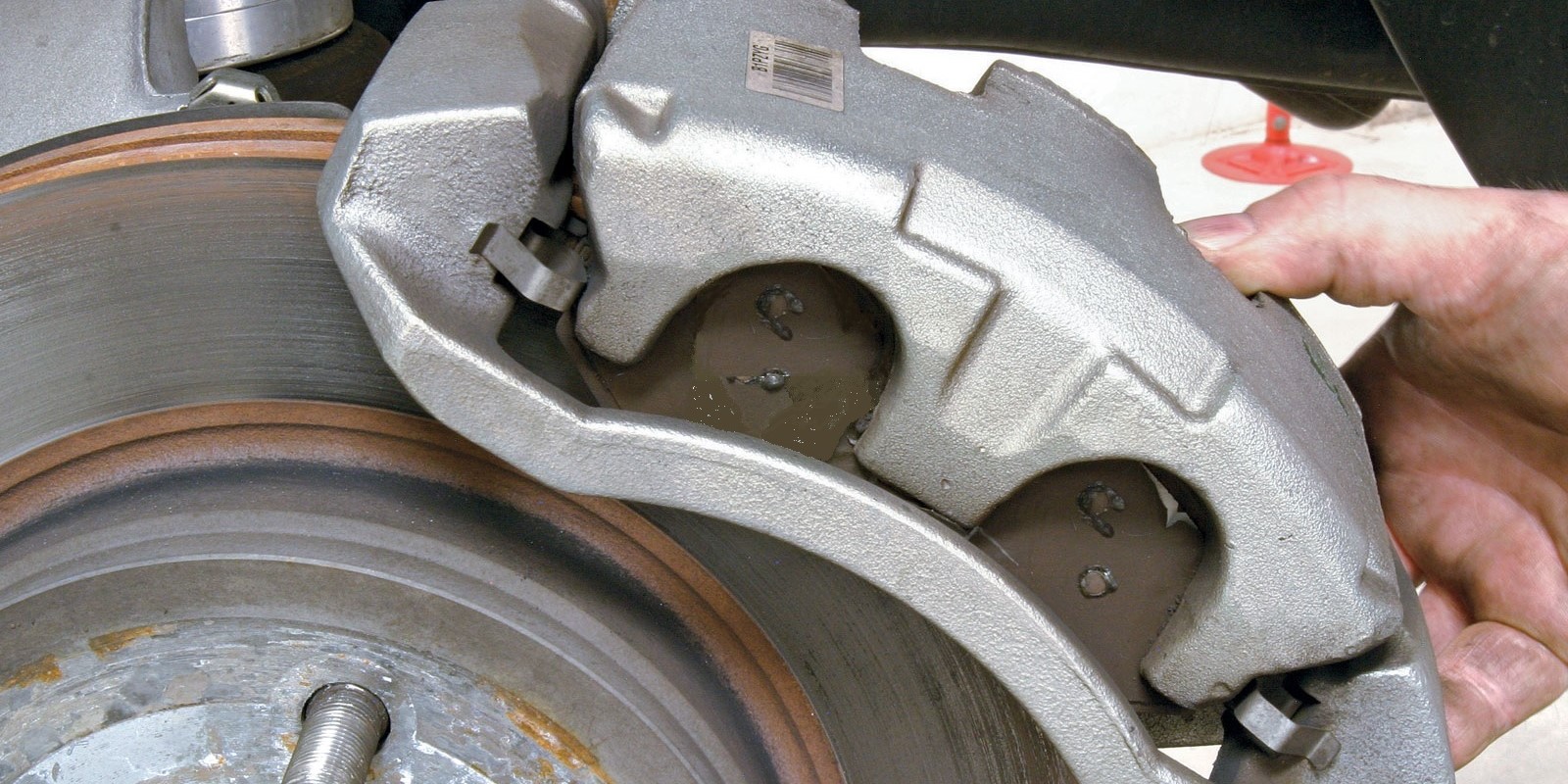Brake calipers are under constant heating and cooling, and this takes its toll on the piston boot. When it deteriorates, it can crack and allow moisture to get inside, corroding the piston and causing it to seize up. Fortunately, there are ways to maintain your calipers to reduce the risk of brake failure.
Identifying and preventing brake caliper failure
Identifying and preventing brake caliper failure is an important part of vehicle maintenance. The braking system is made up of many different parts, and wearing these parts can cause your brakes to fail. Regular car servicing can prevent brake failure. Knowing the symptoms of a bad brake caliper will allow you to identify a problem early.
A common symptom is uneven braking. This could be due to a faulty brake caliper or brake hose. It is important to have your vehicle inspected by a brake specialist. The problem could also be related to uneven pressure.
Maintenance of brake calipers
It is crucial to check your brake calipers on a regular basis to ensure their proper functioning. They should be inspected at least once every six months, or as needed. If you notice any signs of leakage, you must perform brake caliper replacement immediately. Often, the leaking is the result of frayed or worn brake hoses. Rusting on the piston can also impair brake performance. A rust-free piston is essential for safe braking.
In addition to lubricating the mounting bolts, brake calipers should be cleaned regularly. Clean the brake pad seats and the piston using a brush and silicone or chemical grease. After cleaning, be sure to dry and lubricate the brake caliper and the brake system.
Signs of brake caliper failure
If you're experiencing vibrations and uneven wear on your brake pads, the chances are good that your brake calipers are about to fail. These components are critical to stopping power and need to be checked regularly to ensure they're working properly. If you notice any of these symptoms, you should take your vehicle in for a brake system inspection. Most repair shops offer a courtesy brake inspection with an oil change and will also check other major components and systems on your vehicle. Performing a brake system inspection once a year is recommended.
High-pitched noises when applying the brakes are also signs of a failing brake caliper. The brakes may also become stuck and cause the steering wheel to vibrate. In addition to noise, a seized caliper can cause your brake pads to become hot and stuck. This may also result in uneven wear on your rotors.
Keeping brake calipers in good condition
Keeping brake calipers in good condition is essential for safe and effective braking. Damage to a caliper's piston and slide can cause brake problems. This damage can result from excessive heat buildup, an accident, or natural aging. Also, road grime can weaken and corrode brake parts. These damages can cause the brake to seize and fail.
Keeping brake calipers in good condition requires regular maintenance. It is important to clean and lubricate them. Brake calipers produce heat due to friction, which must be dissipated with lubricant. To keep brake calipers in good condition, you should replace brake pads every 10,000 to 20,000 miles.


